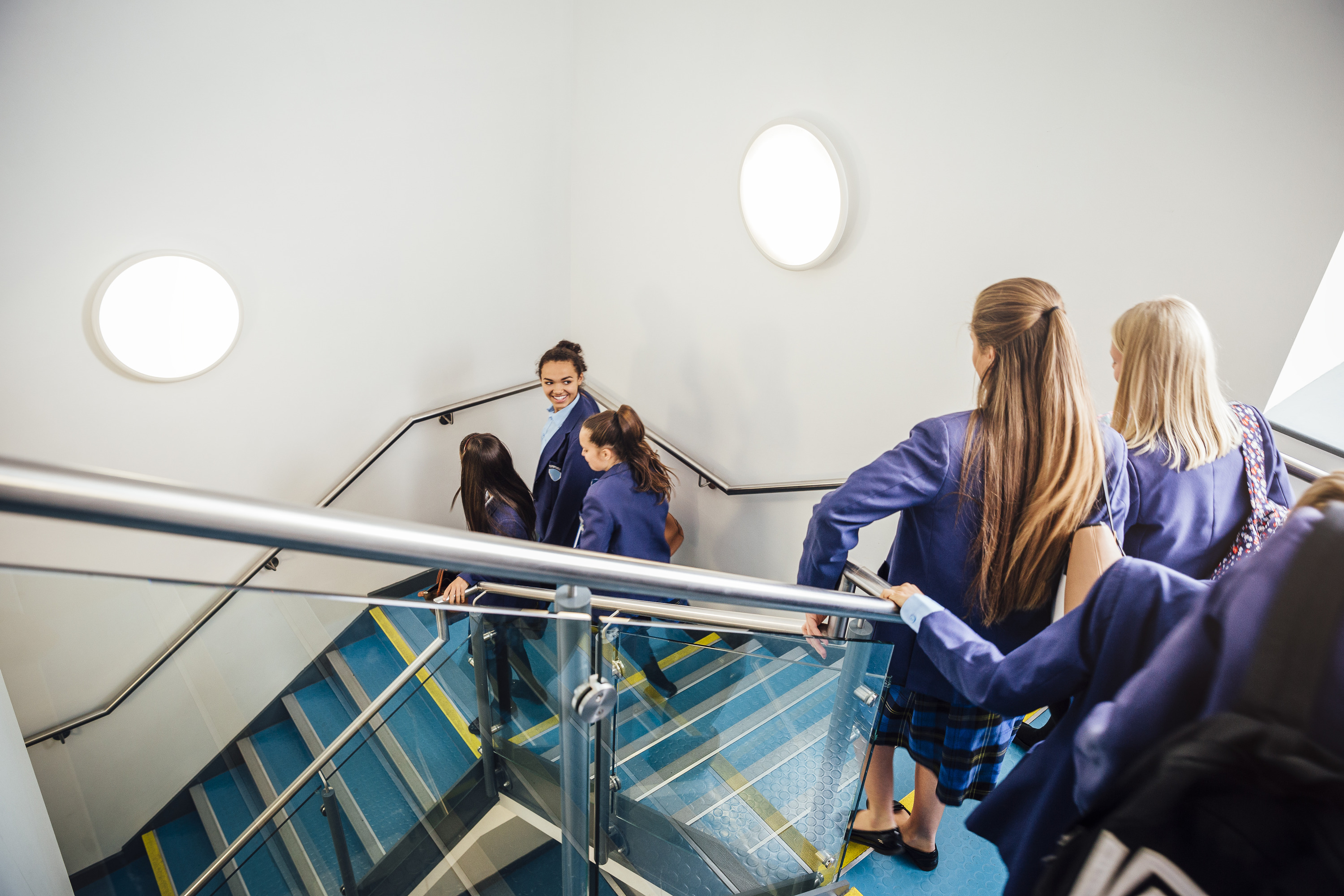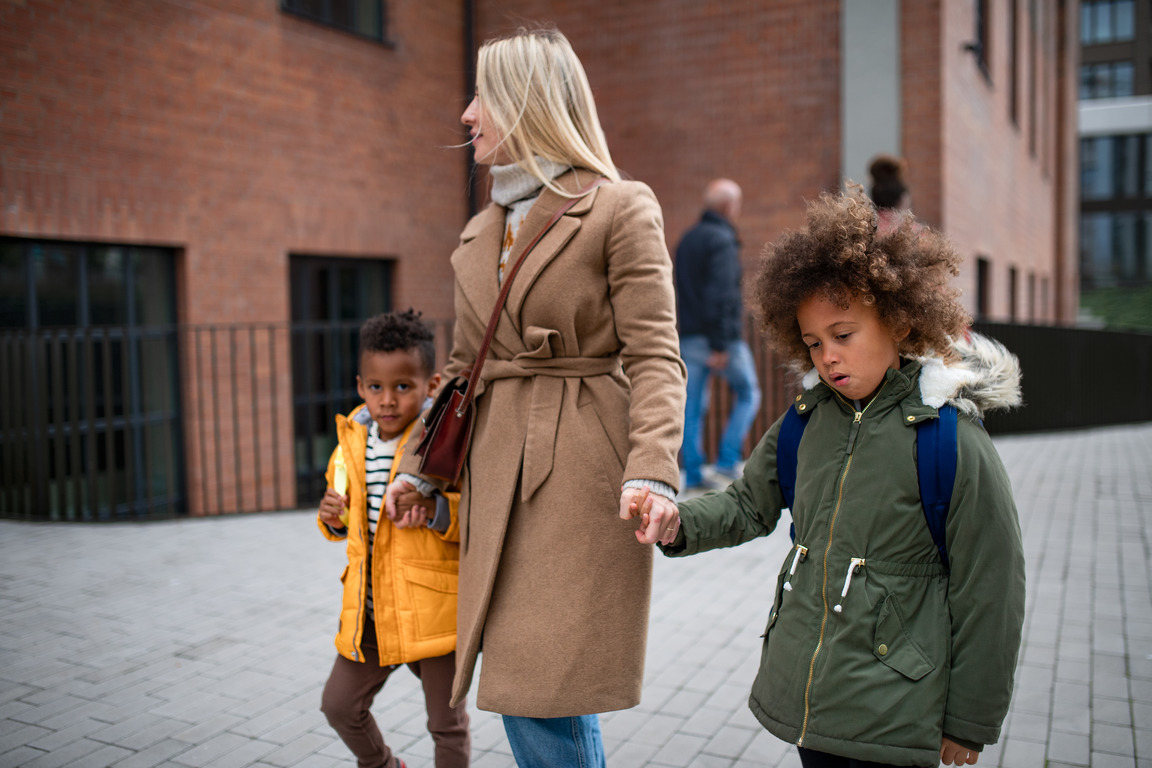One in three parents believe the pandemic showed children do not need to go to school every day – do you agree?
Only 70% are confident that their child's needs are being met when they're in school too, and this decreases to 61% for secondary school students.

Parenting advice, hot topics, best buys and family finance tips delivered straight to your inbox.
You are now subscribed
Your newsletter sign-up was successful
Almost one-third of parents believe the pandemic showed that children don’t need to go to school every day, according to a poll.
All children need an education, but not all children like school. Sometimes, your child may not settle at primary school, while even the happiest child might get the Sunday scaries from time to time.
But it turns out that not all parents are huge fans of school, either, if the results of this poll are anything to go by. The poll, conducted by YouGov for the Centre for Social Justice (CSJ) think tank, indicates that 28% of parents feel it’s not essential for their children to attend school every day. And only 70% are confident that their child’s needs are being met, while this figure drops to 61% at secondary school.

CSJ chief executive Andy Cook said in response that “fundamental work to be done in rebuilding the contract between families and schools.”
Cook explained that the polling shows that there’s a "significant minority for whom the bonds of trust between families and schools were broken.”
He continued, “This is not a one-way street. Parents have legitimate expectations of schools which government must help them to deliver, but as parents, we need to take responsibility for getting our kids ready for school, at school, and for keeping them engaged in school.
"Restoring the bond between parents and schools - supported by small charities and community organisations - will help us to do this. Failure to address this will be catastrophic for the future of our people, communities and state.”
Parenting advice, hot topics, best buys and family finance tips delivered straight to your inbox.
The CSJ has set out a seven-point plan, which according to Cook, will focus on the engagement of parents, and supporting the whole family. The report, called The Missing Link: Restoring The Bond Between Schools And Families, proposes at least five hours of extracurricular activities each week and a “right to sport”, as well as increased investment in youth clubs and services, mental health support, and the implementation of attendance mentors.
It also suggested that fines and prosecutions for absences are reviewed, and that a National Parental Participation Strategy is created.

One headteacher, speaking to Sky News, highlighted the effect of absences on the entire student body, saying that when students are absent regularly it means that teachers have to spend more time going back over things, to the detriment of the rest of the class.
However, Pepe Di’Iasio, headteacher at the Wales High School in Rotherham, also called for more specialist support for children who are absent due to mental health issues.
What do you think – has the pandemic changed your views on whether children need to be in school every day? Or, perhaps you’re a firm believer that your kids shouldn’t miss school unless they really need to.
If your children aren’t school-age yet, you might want to know when to apply for primary schools and when children start school, or find out what these parents look forward to about their kids going back to school. Or if your children have gone back to school this month but you still need to buy a couple of things, check out our back to school shopping guide.
You might also be interested to find out about back to school traditions or what these parents are looking forward to about their kids going back to school. We've got a back to school shopping guide too and even a round-up of the best back to school jokes.
Adam is an experienced writer who regularly covers the royal family and celebrity news for the likes of Goodto, The List, The Metro, and Entertainment Daily. However, you can also find Adam covering relationships, mental health, pet care, and contributing to titles such as Creative Bloq.